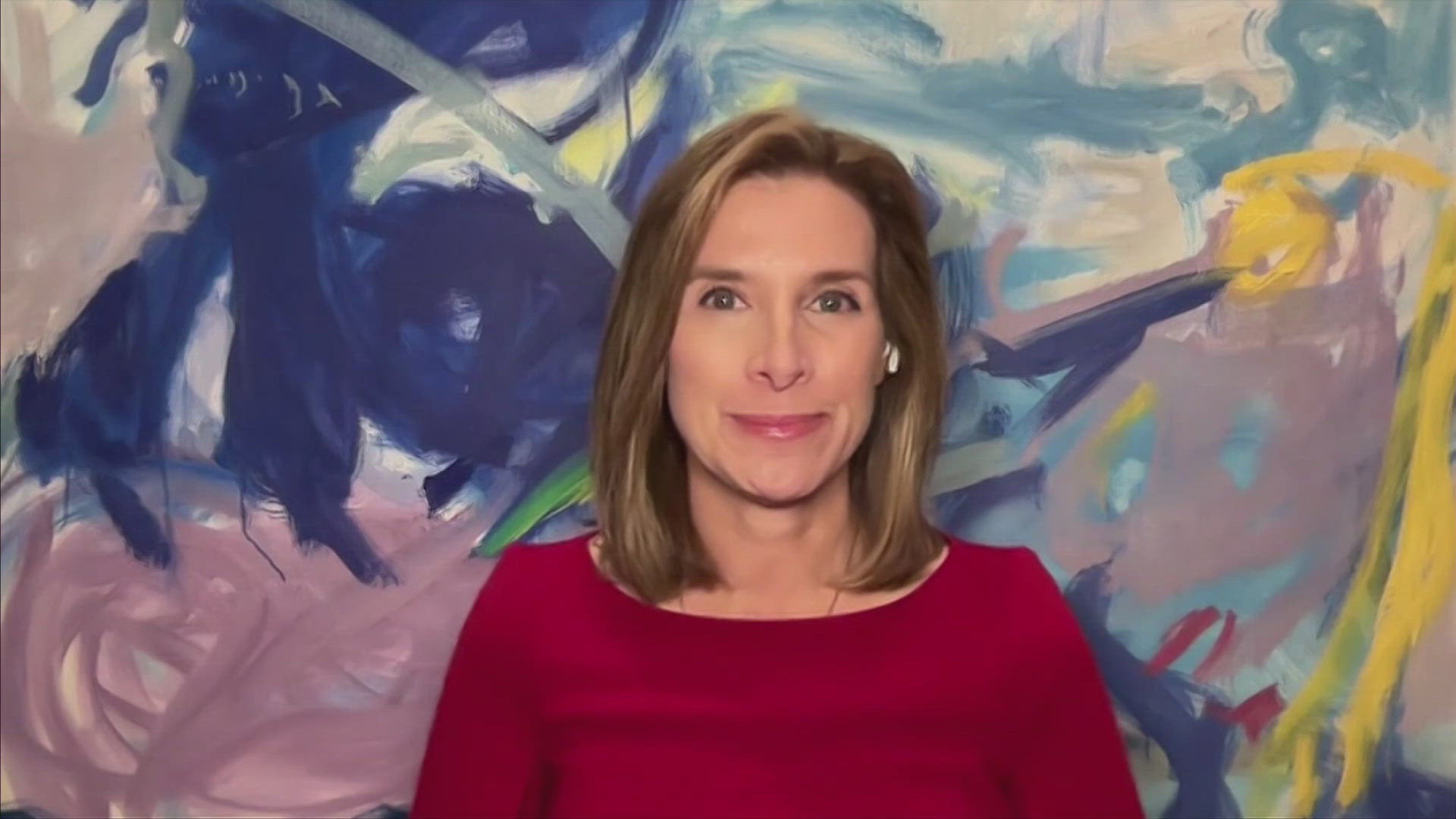GREENSBORO, N.C. — Today is International Skeptics Day, a day dedicated to questioning the world around us and embracing the art of doubt. Skepticism plays a crucial role in our daily lives, whether we realize it or not. It can help us make better decisions, avoid pitfalls, and even protect us from misinformation. But how does skepticism influence the choices we make everyday, and why is it sometimes misunderstood?
This is what Blanca Cobb, who has a master's degree in psychology, and I are talking about this morning.
Blanca, let's get right to it.
What is skepticism, and how is it different from just being distrustful or pessimistic?
Skepticism, at its core, is about questioning information and making decisions based on evidence, rather than taking things at face value. It's a tool for critical thinking. While some people confuse skepticism with cynicism or negativity, true skepticism is open-minded—it's about seeking the truth, even if it's different from what we originally believed. Cynicism, on the other hand, is more about a general distrust in people's motives or intentions.
So how does skepticism play a role in everyday life?
We use skepticism every day, often without realizing it. For example, when you hear a news story or read a headline that sounds too good—or too bad—to be true, your first instinct might be to question its accuracy. That's skepticism. Another example is when we receive advice from friends or family. We weigh that advice against our own experiences, beliefs, or research before accepting it. Even something as simple as choosing a product to buy—reading reviews, comparing prices, or checking if a deal is legitimate—requires skepticism.
You say that skepticism is sometimes misunderstood. What do people often get wrong about skeptics?
People often think of skeptics as being negative or stubborn, but that's not necessarily the case. Healthy skepticism is about being curious and asking questions, not about rejecting ideas. A good skeptic isn't trying to disprove something just for the sake of it—they're looking for evidence and wanting to understand things more deeply. Skepticism becomes problematic when it's taken too far, like when people are unwilling to consider new information, but at its best, it's a tool for clearer, more informed decision-making.

